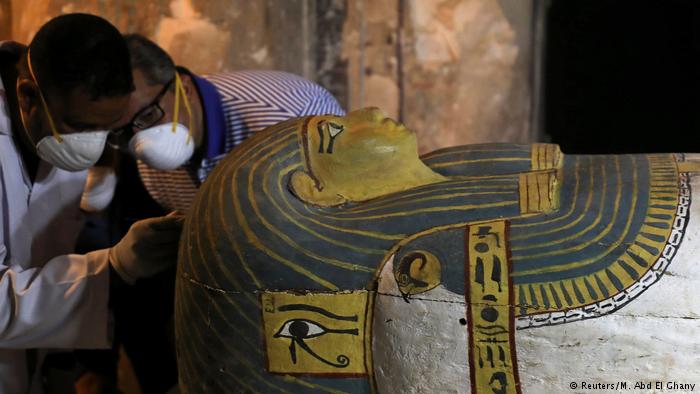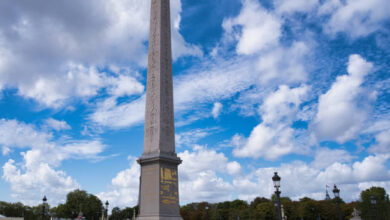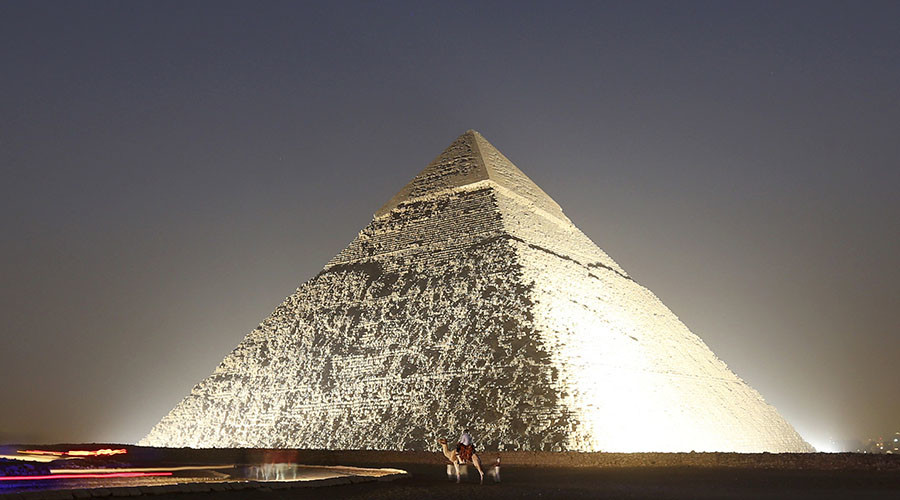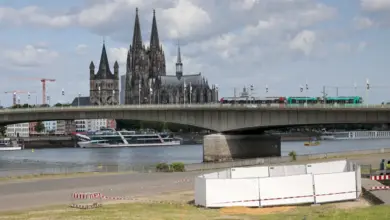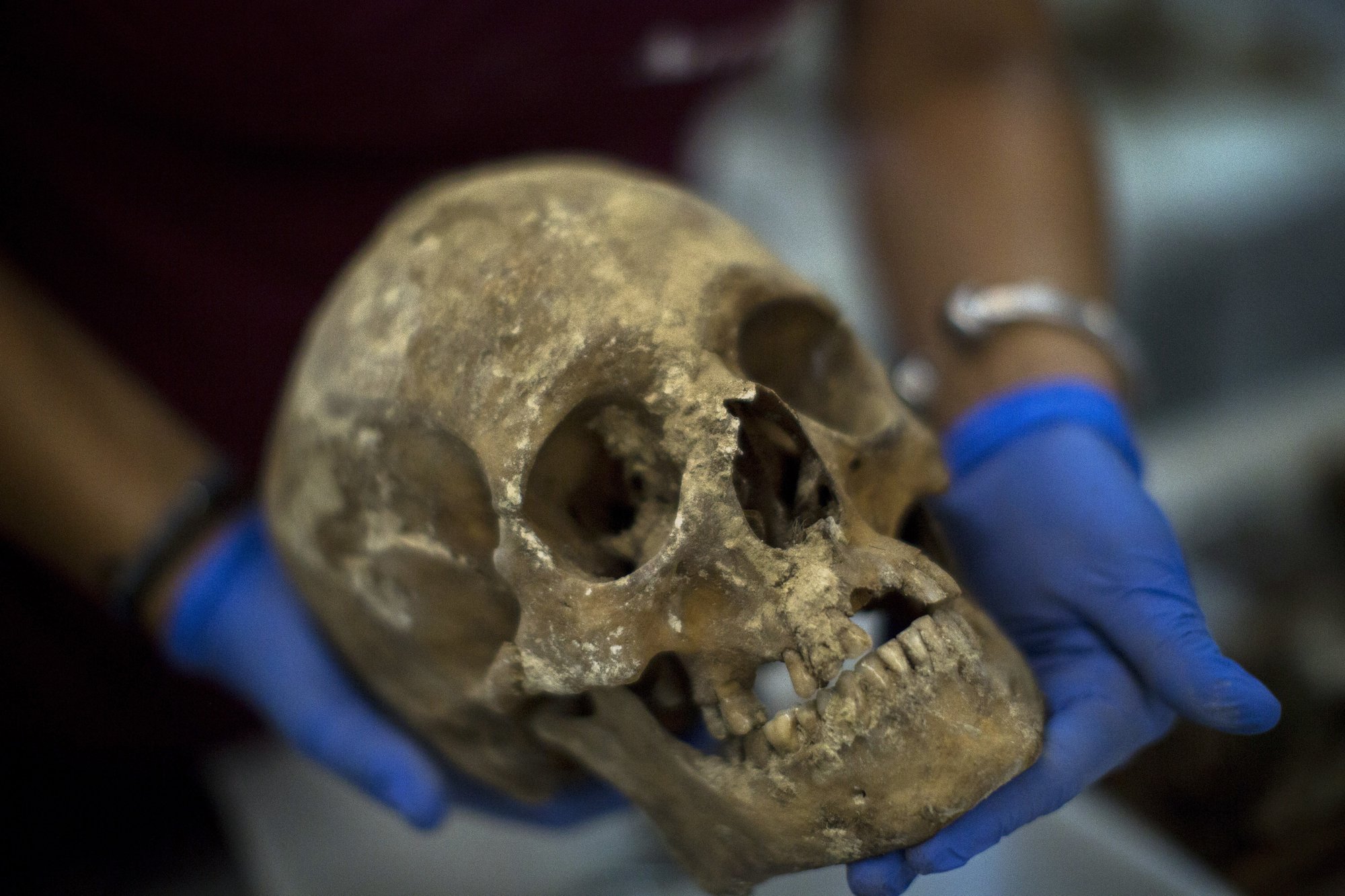
PATERNA, Spain (AP) — When archaeologists in Spain unearthed layers of human bones from a mass grave last year, the remains of one body emerged draped in a shirt that had the letters “MG” embroidered on it in red.
The initials spoke volumes to Daniel Galán.
They sparked hope he would be able to provide a proper burial for his grandfather, Miguel Galán, a village mayor who disappeared eight decades ago along with tens of thousands of others summarily executed by the forces of Gen. Francisco Franco during and after the 1936-39 Spanish Civil War.
Galán is among a small number of descendants promised provincial government funds for DNA tests to confirm that their ancestors were tossed into a mass grave at Paterna Cemetery in Valencia. But with Spain’s national election later this month exposing an ideological divide that has echoes of the clash of left and right during the civil war, some Spaniards worry they may lose the chance to recover their dead.
The far-right Vox party, which recently exploded onto Spain’s political scene, wants to scrap efforts to exhume and identify Franco’s victims. Its ambition counters the pledge by the ruling Socialists to remove Franco’s remains from a huge, publicly maintained mausoleum near Madrid so they no longer attract nationalists celebrating the dictator as a hero.
“Depending on who wins, logically there would be a change. If the right wins, well, all this will just stop or worse,” Galán, 61, said while visiting Paterna Cemetery to repair the grainy black-and-white photo of his grandfather, which had fallen off the headstone.
For other Spaniards, digging up bodies just stirs up a painful past unnecessarily and runs counter to the desire for reconciliation that made it possible for Spain to have a bloodless transition from dictatorship to democracy after Franco’s death in 1975. They also fear that the exhumations could lead to a shaming of those who had relatives on the side of Franco*s right-wing forces.
“I think that that period of history was settled,” Elena Escribano, a 60-year-old housewife, said at a Vox rally. “Not knowing where a relative is is hard, but there are victims on both sides. We must pray for them but we must look to the future.”
Activists and relatives pushed for the excavations after the then-Socialist government passed the 2007 Law of Historical Memory, which allowed exhumations of mass graves and condemned atrocities committed during Franco’s regime. But the law did not guarantee funding, and the conservative Popular Party that governed between 2011 and 2018 included none in the national budget.
The result is a piecemeal and sometimes cumbersome process.
At Paterna, the precarious funding scheme and a backlog of work meant the remains of 244 people — Galán’s grandfather possibly among them — ended up being stored in a ceramics museum.
Rosa Pérez, a local lawmaker who championed funding for families to exhume mass graves at Paterna Cemetery and other sites in the province of Valencia, has promised that money will be there to carry out forensic and DNA tests on the bones stored in the museum regardless of who wins the April 28 national election.
But Pérez is putting on hold any spending for new exhumations until after regional and local elections this month and next to see if her United Left party remains in power locally. So far, archaeologists have removed the remains of 450 of the 2,237 bodies thought to be in the mass graves at the Paterna Cemetery.
“This shouldn’t be how this is being handled,” Pérez said. “We have been in need of a national plan for a long time.”
Experts have estimated for the Spanish government that 740 mass graves and 9,000 bodies have been exhumed nationally since 2000. That leaves an estimated 114,000 bodies still hidden in 2,500 mass graves, they added.
The Socialist government of Prime Minister Pedro Sánchez wanted to include 15 million euros ($20 million) in the national budget that failed to pass this year to continue identifying victims of Franco’s regime. It has also mentioned establishing a “truth commission” to investigate the crimes of his dictatorship, and is studying a plan to have 25,000 bodies exhumed in five years.
But Sánchez faces strong competition in the April 28 national election, at which the far-right Vox is widely anticipated to win its first seats in the Spanish Parliament.
Vox has already successfully pushed the Popular Party to commit to rolling back regional laws that allow the exhumations of mass graves in Spain’s south in order to support their formation of a government for Andalusia earlier this year.
Now, Vox could prove influential in the creation of possible coalition government at the national level after the election.
Popular Party president and opposition leader, Pablo Casado, who in 2015 called those who want to recover the mass grave bodies “old fogeys,” wants a new “Law of Concord” that would subsume the Law of Historical Memory.
The leader of Vox, Santiago Abascal, criticized the exhumations when he kicked off his campaign.
“How are we going to condemn our grandparents?” Abascal asked supporters. “For us, we only have one doctrine for the recent historical memory. And that is liberty: liberty for you to respect your grandparents.”
Outside the walls of the Paterna Cemetery, a walk through scrubland leads to a wall in which bullet holes from the Francoist firing squads that executed people like Miguel Galán still are visible.
Galán insists he does not want to drag Spain back into its bloody past.
“The difference is between them lying in mass graves like rotting dogs and being able to take them and give them dignified burial,” Galán said. “For those who say we are only reopening old wounds, that is not true, because these wounds have been open for 80 years.”
By RENATA BRITO AND JOSEPH WILSON
In this Tuesday, Aug. 28, 2018 photo, a victim’s skull is examined during the classification process by anthropologists following the exhumation of a mass grave found in 2018 at the cemetery of Paterna, near Valencia, Spain. DNA tests will be conducted in the hope of confirming the identities of those who disappeared eight decades ago, believed to have been executed by the forces of Gen. Francisco Franco during and after the 1936-39 Spanish Civil War. (AP Photo/Emilio Morenatti)

